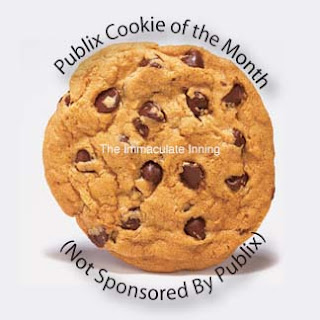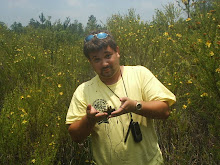"They were taking pictures of the wrong guy," said Alex Rodriguez, when asked about all the flashbulbs in Yankee Stadium on July 31, 2007. A-Rod's light sense of humor about the issue suggested he wasn't "pressing," while waiting for his 500th career home run. This even in the light of how seven of his teammates tied a franchise record, hitting 8 homers in one game against the White Sox. So, using the immutable power of the Baseball-reference.com play index, let's find out how long sluggers have "pressed" to get from #499 to #500 (since 1958, anyway). From the top:
Henry Aaron: 4 games, between 7/7 and 7/14/68 (there was an All-Star Break in there)
Barry Bonds: 1 game, between 4/17 and 4/18/01 (on his way to 70)
Babe Ruth: unknown via b-r.com, I'll try to look it up elsewhere. Suffice to say there was no pressure, as no one had even hit 200 before Ruth.
Willie Mays: 1 game, between 9/12 and 9/13/65
Sammy Sosa: 4 games, between 9/29/02 and 4/4/03
Ken Griffey, Jr: 7 games, between 6/13/04 and 6/20/04 (he would get injured two weeks later and not have another homer for almost a year... what might have been...)
Frank Robinson: 0 games, hit two on 9/13/71
Mark McGwire: 1 game, 8/4 to 8/5/99 (but we're not here to talk about the past)
Harmon Killebrew: 26 games between 7/25 and 8/10/71
Rafael Palmeiro: 3 games between 5/8 and 5/11/03 (The
only member of the 500 club
proven to have used PEDs).
Reggie Jackson: 2 games between 9/15 and 9/17/84 (The first 500th home run of my lifetime. I remember it well.)
Mike Schmidt: 1 game, between 4/17 and 4/18/87 (BOOOOOOOOO!)
Mickey Mantle: 9 games, between 5/3 and 5/14/67
Jimmy Foxx: unknown
Willie McCovey: 3 games between 6/27 and 6/30/78
Ted Williams: 1 game between 6/16 and 6/17/60
Ernie Banks: 3 games between 5/9 and 5/12/70
Eddie Mathews: 3 games between 7/8 and 7/14/67
Mel Ott: unknown, all homers before 1958
Eddie Murray: 6 games between 8/30 and 9/6/96
Frank Thomas: 4 games between 6/24 and 6/28/07
It would be fair to say that Killebrew didn't have to face 24 hour sports coverage and live look-ins, and perhaps the "pressure" of hitting #500 would not be as grand as those that came in the last 15 years or so. That would mean that in the ESPN era, only Junior Griffey has gone more games than A-Rod between #499 and #500. This makes a bit of sense, as A-Rod seems to hit homers best when he's not "trying" to- like #499, which came on an opposite-field shot in a situation when A-Rod was clearly just trying to poke a single for a game-tying hit. Hopefully A-Rod hits the big one soon, because the Yankees will need a comfortable, non-pressing cleanup hitter as they move closer to the post-season.
The other interesting thing I noticed in doing this was the frequency of players joining the 500 Homer Club. Mantle and Matthews hit their 500th in the same season, and Aaron's was a year later. In the next three years, three other players joined- Banks, Robinson, and Killebrew. I find this interesting in light of all the articles calling 500 homers "not all that impressive" anymore. After A-Rod's 500th, the four year period beginning with Sosa in 2003 will include the same number of club inductees as the 1967-71 period.
I wonder if, as Killebrew neared the mark, sportswriters noted the sudden surge in the number of players with 500 hits and thought that it "cheapened" the milestone. Then again, in a world without specially marked baseballs, live look-ins, and announcers completely overdoing their calls of deep fly balls (see: Kay, Michael and Sterling, John), how would fans even know that homer #500 is momentous?
Meanwhile, as I write this,
Robinson Cano and
Shelley Duncan both homered for the Yankees. Maybe they'll reach #500 first...
Powered by ScribeFire.


